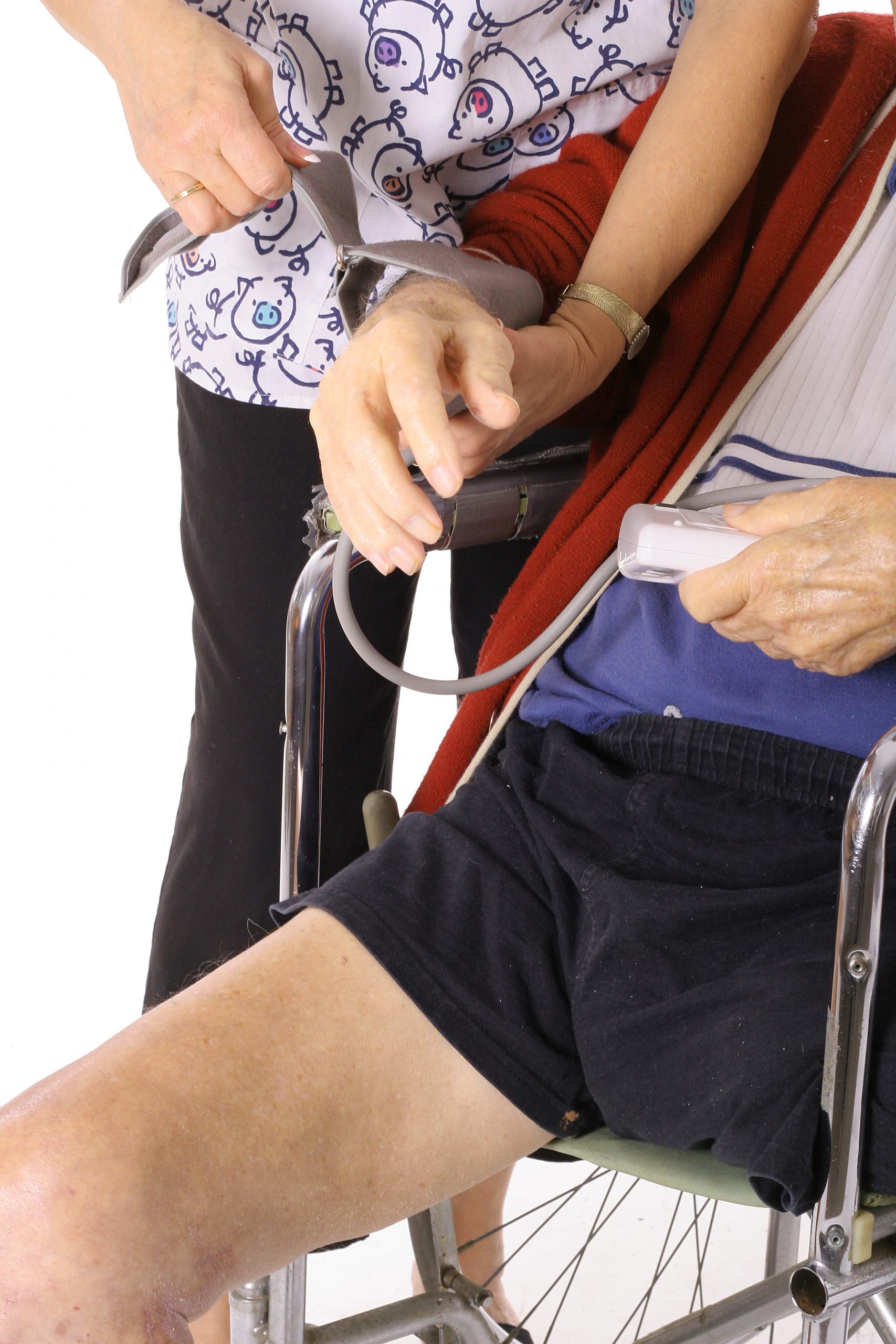The Stark Law is easily explained.
Essentially, it is similar to the Anti-Kickback Statutes that protect patients from fraudulent referrals for treatment that is not medically necessary. It also protects federal insurance systems like Medicare from paying out on fraudulent claims and wasting money and resources in the process.
Physicians who make a direct referral to another doctor or provider who is a family member or with whom the physician has a financial relationship will be subject to penalties as a result of the Stark Law.
Stark Law Summary
The Physician Self-Referral Law, also known as the Stark Law, is very similar to the Anti-Kickback Statute, which prohibits any healthcare provider from getting a payment or anything of value in exchange for a referral.
The Stark Law, however, is specific to physicians and stops them from referring patients to other healthcare providers with whom they have a relationship and/or stand to gain financially due to an investment or financial partnership.
For example, if a family doctor is married to a physical therapist, they are not legally able to refer any patients to their spouse’s practice because the doctor would stand to gain financially when the patient’s insurance company made payouts to their spouse.
Similarly, if a doctor is invested in a home care business, that doctor cannot refer a patient to that home care business because he will gain financially.
The implication is that the doctor’s judgment may be clouded due to their financial gain and may either refer a patient without medical necessity or may not send the patient to the best possible provider due to bias.
Differences Between Stark and Anti-Kickback Statute
First, the Stark Law is directed at physicians giving referrals to people or organizations with whom they have a financial interest, while the Anti-Kickback Statute prohibits any healthcare provider or organization from taking a payment or anything of value in exchange for a referral.
Second, there are penalties for violating the Stark Law, but it is not a criminal act to do so. Those who violate the Anti-Kickback Statute, however, will face criminal charges.
Litigation Based on Stark Law Violations
When healthcare providers are sued based on perceived violations of the Stark Law, they are often caught off guard. Many don’t even realize that they are out of compliance with a federal regulation or that they are at risk.
The best way to respond to Stark Law-related litigation is to call the Florida Healthcare Law Firm right away.
The sooner we get involved, the quicker we can advise you on the best path forward. Additionally, we can make sure that your response is succinct and effective, and that you hit all deadlines and court dates, avoiding additional fees and penalties.
Each situation is unique, and at Florida Healthcare Law Firm, we specialize in healthcare legal issues. Not only can we assist with the current legal matter at hand, but we can also help you to develop practices that will protect you from this and other federal compliance regulation violations in the future.




 By:
By: 
 By:
By: 


 By:
By: 

 Has your attorney ever told you to do your best to comply with certain safe harbors to the Federal
Has your attorney ever told you to do your best to comply with certain safe harbors to the Federal  By:
By: